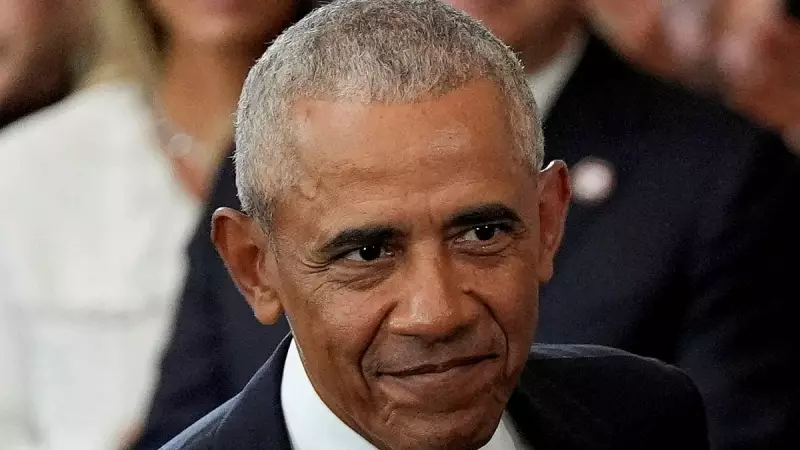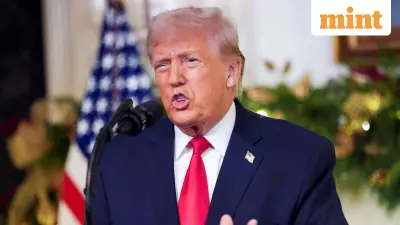
In a significant political development that's creating waves across American politics, former President Barack Obama has publicly endorsed New York State Senator Zellnor Myrie for the upcoming New York City mayoral election. The high-profile backing comes as the Democratic primary race intensifies, with Obama specifically praising what he termed the 'Mamdani' approach of Myrie's campaign.
A Presidential Stamp of Approval
The endorsement from the popular former president represents a major boost for Myrie's campaign, potentially influencing undecided voters in the crowded Democratic field. Obama's support is particularly noteworthy given his selective involvement in down-ballot races and his reputation for carefully choosing which candidates to back.
The 'Mamdani' Strategy Explained
While details about the specific 'Mamdani' approach remain somewhat undefined in public discourse, political analysts suggest it represents a grassroots, community-centered campaign model that emphasizes direct voter engagement over traditional political advertising. This strategy appears to resonate with Obama's own celebrated campaign methodologies that revolutionized political outreach during his presidential runs.
Context of the NYC Mayoral Race
The New York City mayoral election represents one of the most significant local political contests in the United States, given the city's status as a global economic and cultural hub. Myrie, who represents parts of Brooklyn in the state senate, is competing against several established politicians in a race that will determine the city's leadership direction for the coming years.
Potential Impact on Democratic Politics
Political observers are watching this endorsement closely, as it may signal broader shifts within the Democratic Party. Obama's explicit praise for innovative campaign strategies suggests an evolving approach to urban politics that could influence future elections in other major American cities.
What This Means for Voters
For New York City residents, the endorsement adds an interesting dimension to an already competitive race. It brings national attention to local issues and may influence voter perception about which candidate represents the future of progressive urban leadership in America.





